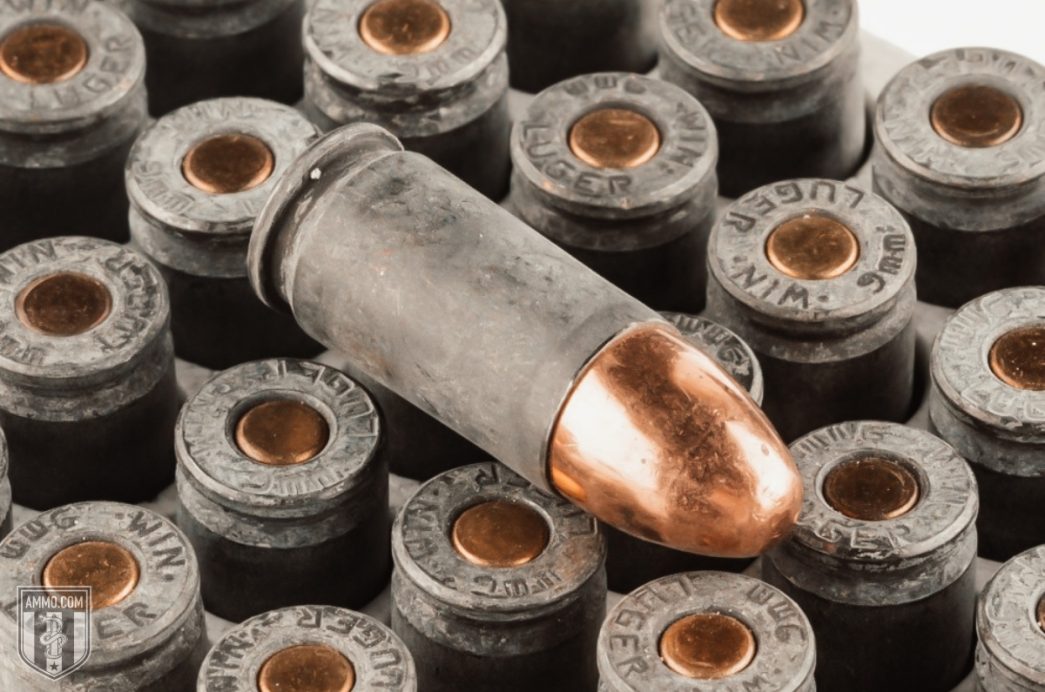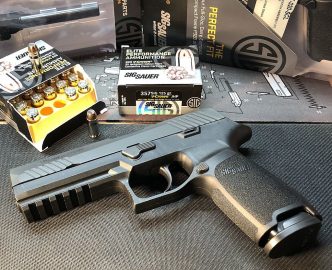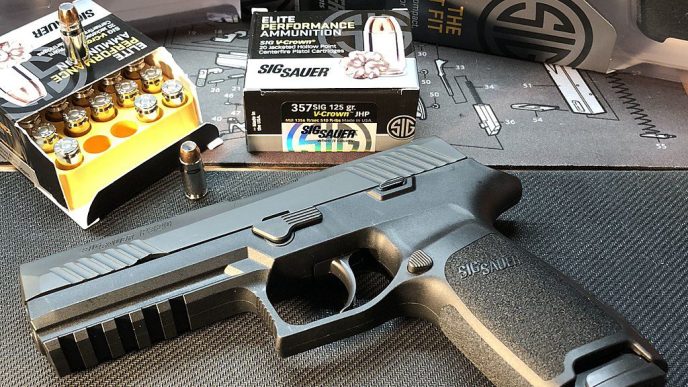Ammunition plays a crucial role in the performance and reliability of firearms. Various factors exist when choosing the right ammunition, including the materials used in their construction. This article aims to highlight the key differences between steel and brass ammo, the two prominent types of ammunition, discussing aspects such as cost, reliability, and performance.
Brass Ammo: The Gold Standard
Reliability and Consistency
Brass ammunition has earned its reputation as the gold standard in the industry. It boasts excellent reliability and consistent performance, making it a popular choice among shooters. The malleability of brass cases allows them to provide a superior seal in the chamber upon discharge, a property known as “obturation.” This sealing action minimizes gas leakage and optimizes the propellant’s force, enhancing performance.
Corrosion Resistance
Another notable advantage of brass ammo is its corrosion resistance. Brass cases are less prone to corrosion compared to steel. This corrosion resistance contributes to the longevity of the ammunition, ensuring that it remains in good condition even under challenging storage conditions.
Reloadability
Brass cases are typically reloadable, meaning they can be reused multiple times. This characteristic is advantageous for shooters who wish to offset the higher initial cost of brass ammo over time. By reloading the spent brass casings, shooters can save money while maintaining consistent performance.

Steel Ammo: Cost-Effective Option
Affordability
Often manufactured with a soft steel casing, steel ammo offers a cost-effective alternative to brass ammunition. The lower production cost of steel makes it an attractive option for shooters on a budget or those engaging in high-volume shooting activities. This affordability makes steel ammo particularly suitable for routine practice or plinking.
Chamber Sealing and Performance
While steel ammo may be more economical, it comes with certain trade-offs. Steel is harder and less malleable than brass, resulting in a less effective seal in the chamber upon discharge. Reduced sealing capability can lead to increased gas leakage and less consistent performance. However, it’s worth noting that modern steel-cased ammunition is often coated to mitigate corrosion concerns and improve reliability.
Non-Reloadable and Compatibility Considerations
Unlike brass cases, steel cases are generally unreliable due to their hardness and Berdan priming, which is more challenging to reload than the boxer priming typically used in brass cases. Shooters who prefer to reload their ammunition should consider this when choosing between steel and brass. Additionally, it’s important to recognize that not all firearms handle steel and brass ammunition equally well. Some firearms may experience feeding or extraction issues when using steel-cased ammo due to its hardness and less slick exterior. Always consult the firearm’s manual or the manufacturer’s recommendations regarding suitable ammunition to ensure optimal performance.
Conclusion
In conclusion, the choice between steel and brass ammo depends on various factors such as cost, reliability, and performance requirements. Brass ammo is the gold standard, offering superior reliability, corrosion resistance, and reloadability. Steel ammo, while more affordable, may exhibit less consistent performance and is generally non-reloadable. Shooters should consider their shooting activities, budget, and firearm compatibility when deciding what type of ammunition to use. Consulting the firearm’s manual or contacting the manufacturer will provide valuable guidance on the recommended ammunition type for specific firearms, ensuring a safe and optimal shooting experience.














Thanks for the suggestion to invest in self-reloading since this can help you save money and create custom ammo! I have a colleague that wants to own a firearm for self-defense. I should talk to him about finding a store that sells ammo brass so he can try this out someday.